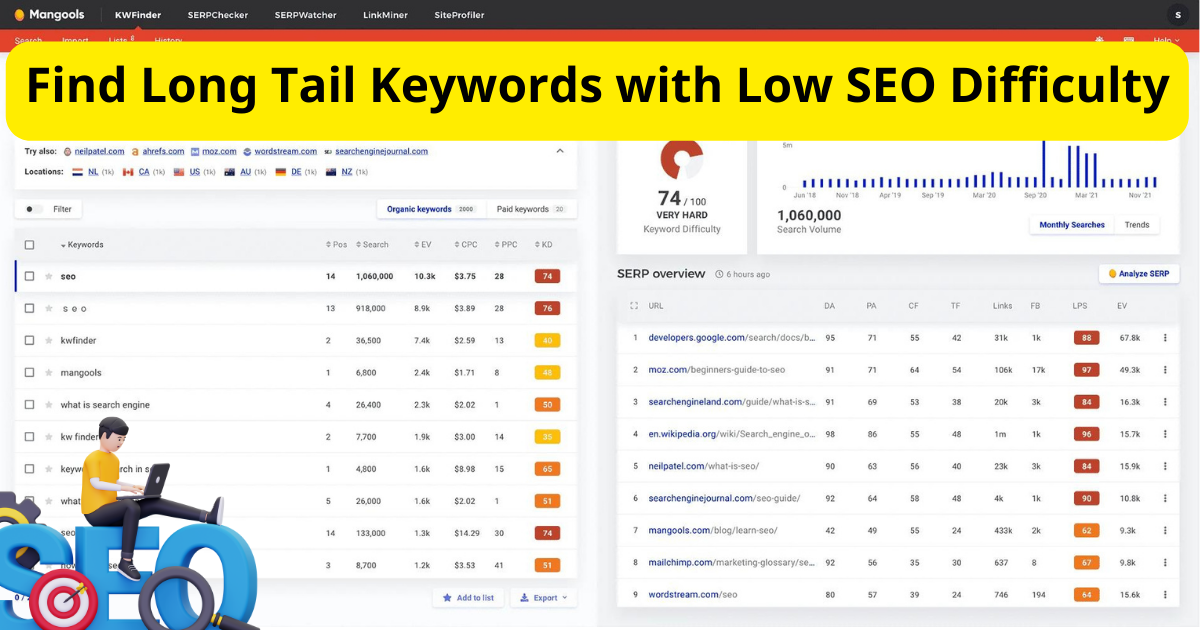
Charge Converter
Convert electrical charge units accurately with our detailed guide on charge converters.
Charge converters are essential tools in various scientific and engineering applications, allowing the conversion of electrical charge between different units. This guide provides a detailed overview of charge conversion, its significance, and how to use online charge converter tools effectively.
Understanding Electrical Charge
Electrical charge is a fundamental property of matter that causes it to experience a force when placed in an electromagnetic field. The standard unit of charge is the coulomb (C), but other units like milliCoulombs (mC), microCoulombs (μC), nanoCoulombs (nC), and picoCoulombs (pC) are also commonly used.
Importance of Charge Conversion
Charge conversion is crucial in various fields for several reasons:
- Precision in Measurements: Accurate conversions are necessary for precise measurements in scientific experiments.
- Standardization: Converting charges to standard units facilitates comparison and data sharing.
- Compatibility: Ensures compatibility between different systems and devices that may use different units of charge.
Common Units of Electrical Charge
- Coulomb (C): The SI unit of charge.
- MilliCoulomb (mC): 1 mC = 0.001 C
- MicroCoulomb (μC): 1 μC = 1e-6 C
- NanoCoulomb (nC): 1 nC = 1e-9 C
- PicoCoulomb (pC): 1 pC = 1e-12 C
Top Online Charge Converter Tools
1. RapidTables
RapidTables offers a simple and efficient charge converter that supports conversions between coulombs, milliCoulombs, microCoulombs, nanoCoulombs, and picoCoulombs. The interface is user-friendly, making it easy to input values and obtain accurate conversions quickly.
2. ConvertUnits
ConvertUnits provides a comprehensive charge conversion tool that includes a wide range of units. This tool is particularly useful for users who need to convert between less common units or need additional information about each unit.
3. Omni Calculator
Omni Calculator offers a versatile charge converter with a sleek interface and detailed explanations for each conversion. It supports multiple units and provides instant results, making it a favorite among professionals and students.
How to Use Charge Converter Tools Effectively
Using online charge converter tools is straightforward, but here are some tips to ensure accuracy and efficiency:
- Select the Correct Units: Ensure you choose the correct units for conversion. Double-check if you are converting to and from the right units (e.g., C to μC).
- Input Accurate Values: Enter precise values to get accurate results. Be mindful of the decimal places and significant figures.
- Verify Results: Cross-check the results with another converter or manual calculation to ensure accuracy, especially for critical applications.
- Understand the Context: Know the context of your conversion to choose the most appropriate unit for your application. For instance, use picoCoulombs for very small charges in high-precision experiments.
Applications of Charge Conversion
Charge conversion is widely used in various fields:
- Physics and Chemistry: For calculating and converting charge in experiments and reactions.
- Engineering: In designing and testing electrical and electronic circuits.
- Education: Helping students understand and work with different units of charge.
- Medical Devices: Ensuring accurate measurements and conversions in devices like defibrillators and other diagnostic tools.
Conclusion
Charge conversion is an essential aspect of working with electrical charge across different units. Online charge converter tools simplify this process, providing quick and accurate conversions. By understanding the importance of charge conversion and using these tools effectively, professionals, students, and hobbyists can ensure precision and standardization in their work.








